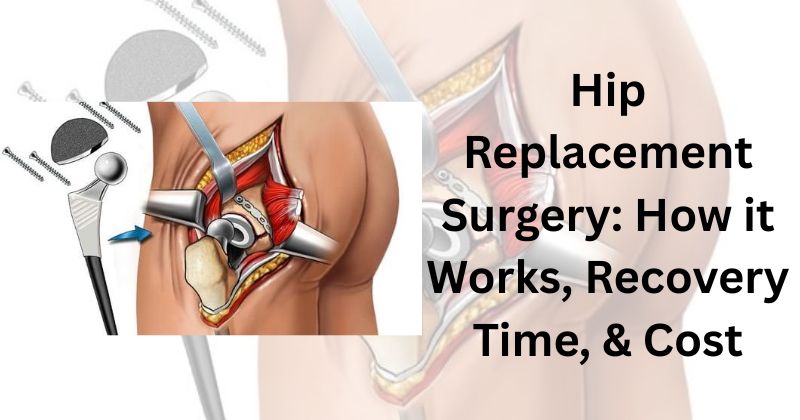
Roundworms are parasitic worms that can infect both humans and animals, particularly dogs and cats. These worms live in the intestines and feed off the nutrients in the host’s body. They can cause a range of symptoms, from mild digestive issues to more serious health concerns, especially in children and pets. Fortunately, with proper diagnosis and treatment, roundworm infections can be effectively treated and prevented.
Understanding Roundworms
Roundworms, also known as nematodes, are long, white, spaghetti-like worms that can grow up to several inches long. The most common species that infect humans are Ascaris lumbricoides. In pets, especially dogs and cats, Toxocara canis and Toxocara cati are the common culprits.
In humans, roundworm infection typically occurs through the ingestion of contaminated food, water, or soil. In pets, the transmission may happen through mother’s milk, contact with infected feces, or hunting small infected animals.
Signs and Symptoms
In humans, symptoms may include:
Abdominal pain
Nausea or vomiting
Diarrhea or constipation
Fatigue
Visible worms in stool
Coughing (in severe infections when larvae reach the lungs)
In pets, signs can include:
Swollen belly (especially in puppies and kittens)
Diarrhea
Vomiting (sometimes with worms visible)
Poor coat condition
Weight loss or failure to gain weight
Medical Treatment for Humans
The primary treatment for roundworms in humans is anthelmintic medication. These drugs kill the parasites and allow the body to expel them through the stool. Common medications include:
Albendazole: A broad-spectrum anthelmintic that disrupts the worm’s metabolism. A typical dose is 400 mg once, repeated in 2 weeks if needed.
Mebendazole: Works similarly to Albendazole, with a typical dose of 100 mg twice daily for 3 days.
Pyrantel pamoate: Less commonly used in humans, more common in veterinary settings, but effective and available over the counter in some regions.
These medications are usually safe and well-tolerated. A doctor will typically recommend a stool test before and after treatment to confirm the presence and elimination of roundworms.
Treatment for Pets
Veterinary care is essential for treating roundworm infections in pets. Common deworming medications include:
Fenbendazole Tablet Commonly used in dogs and cats, especially effective when given over multiple days.
Pyrantel pamoate: Effective for puppies and kittens and often included in combination dewormers.
Milbemycin oxime or ivermectin: Used in heartworm prevention but also effective against roundworms.
Puppies and kittens should be dewormed regularly beginning at 2-3 weeks of age. Adult pets should be dewormed based on their risk level and lifestyle, often every 3-6 months. Buy Fenbendazole Online at Medzsupplier.
Home Remedies and Natural Options
While prescription medications are the most effective, some people explore natural options. However, these should be used with caution and under medical supervision, as they may not fully eradicate the worms:
Garlic: Believed to have antiparasitic properties but lacks strong clinical evidence.
Pumpkin seeds: Contain cucurbitacin, which may help expel worms.
Carrots and papaya seeds: Thought to help cleanse the intestines.
These remedies may support gut health but should never replace proper medical treatment.
Prevention Strategies
Preventing roundworm infections is just as important as treating them. Here are some effective preventive measures:
For Humans:
Wash hands regularly, especially after outdoor activities or handling pets.
Wash fruits and vegetables thoroughly before eating.
Avoid walking barefoot in areas where animals defecate.
Proper sanitation and sewage systems can reduce exposure in developing areas.
For Pets:
Regular deworming schedule as advised by a vet.
Keep living areas clean and promptly dispose of pet feces.
Prevent hunting and scavenging behavior in pets.
Maintain flea and tick prevention, as these can also transmit parasites.
Untreated roundworm infections can lead to serious health complications. In humans, heavy infestations may cause intestinal blockage, malnutrition, or even respiratory distress if larvae migrate to the lungs. In rare cases, the larvae can travel to other organs, causing a condition known as visceral larva migrans.
In pets, particularly young ones, untreated roundworm infections can stunt growth, weaken the immune system, and in severe cases, lead to death due to intestinal blockage or malnutrition.
When to See a Doctor or Vet?
If you or your child exhibits symptoms like unexplained stomach pain, visible worms in stool, or persistent coughing with a history of soil contact, it’s essential to see a healthcare provider. For pets, visit a veterinarian if symptoms like bloating, diarrhea, or vomiting occur—especially if they haven’t been recently dewormed.







